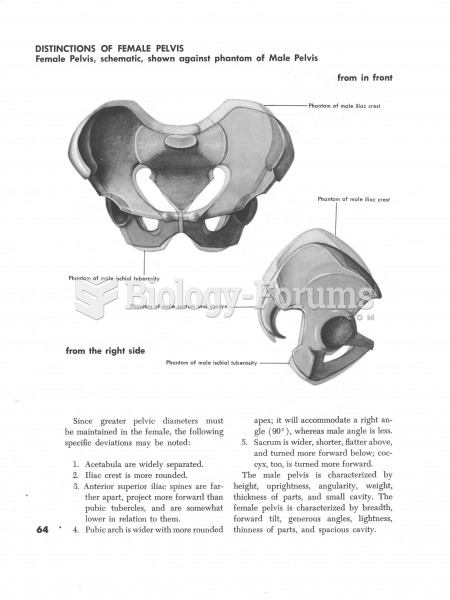One distinction between a disparate treatment claim and a disparate impact claim under Title VII of the 1964 Civil Rights Act is that a disparate treatment claim
a) requires proving intent, while a disparate impact argument does not.
b) can be verified objectively, while a disparate impact is inherently subjective.
Review several ways that psychologists interface with the legal system in the field of forensic assessment
c) is easier to prove, while a disparate impact argument claim is more difficult to prove.
Review several ways that psychologists interface with the legal system in the field of forensic assessment
d) can be applied to discretionary promotion practices, while a disparate impact argument cannot.
Review several ways that psychologists interface with the legal system in the field of forensic assessment
Question 2
One difference between the court decisions Griggs v. Duke Power Company and Albemarle v. Moody is that Griggs
a) related to employment testing, while Albemarle related to supervisor ratings.
b) related to racial discrimination, while Albemarle related to gender discrimination.
Review several ways that psychologists interface with the legal system in the field of forensic assessment
c) related to new employee hiring, while Albemarle related to promotion of current employees.
Review several ways that psychologists interface with the legal system in the field of forensic assessment
d) established the principle of the four-fifths rule, while Albemarle established the principle of disproportionate impact.
Review several ways that psychologists interface with the legal system in the field of forensic assessment







